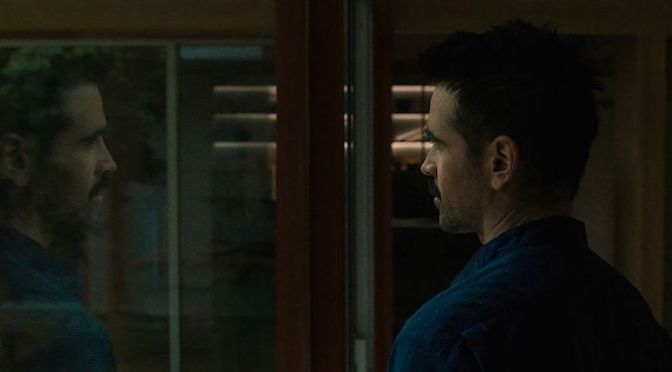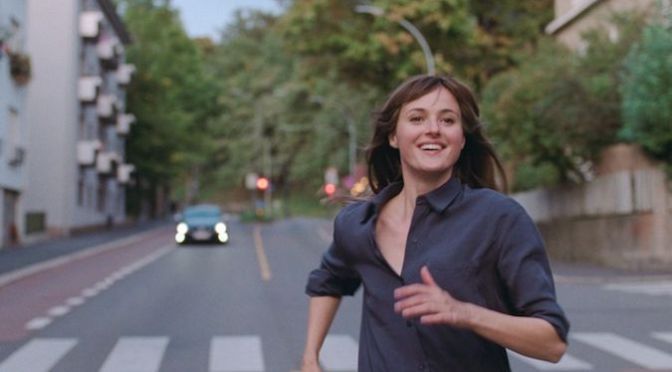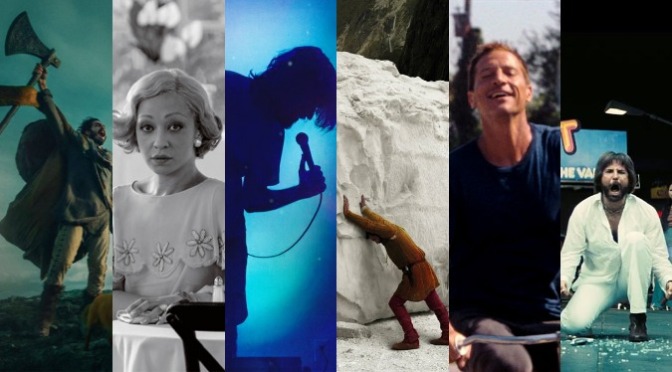It’s not hard to understand why Magazine Dreams ended up being one of the most divisive films out of this year’s Sundance Film Festival. Elijah Bynum’s sophomore effort is relentlessly intense, with an absolute powerhouse performance at its center from Jonathan Majors, and on the positive end the film has garnered critical comparisons to Uncut Gems and Taxi Driver. On the other end, some Sundance critics have lamented the challenge the film presents as exhausting, and perhaps overly familiar to the likes of Taxi Driver. In either instance, Magazine Dreams is a big swing for the fences and a bold character study deserving of attention.
Killian Maddox (Majors) is an amateur bodybuilder, and his obsession with becoming a professional is all-encompassing, negating pretty much any chance of an actual life outside of the sport. He cares for his ailing grandfather and holds down a job as a grocery bagger, but there are no real relationships in Killian’s life. He’s shy and quiet, and the trauma from his past has very clearly impacted his ability to interact with others in a social setting. And the world of bodybuilding only exacerbates Killian’s loneliness, forcing a perennial focus on everything he lacks, his own objectification a required part of the path to glory.



 Columbus, the debut feature from writer/director Kogonada, was so quietly self-assured that I figured I knew what to expect from his sophomore effort After Yang. Carefully composed framing, slow-but-steady pacing, and a general construction so precise that it borders on the architectural (and not just because Columbus was partly about architecture) — these are the hallmarks I readied myself for in After Yang, which premiered last week at the Sundance Film Festival.
Columbus, the debut feature from writer/director Kogonada, was so quietly self-assured that I figured I knew what to expect from his sophomore effort After Yang. Carefully composed framing, slow-but-steady pacing, and a general construction so precise that it borders on the architectural (and not just because Columbus was partly about architecture) — these are the hallmarks I readied myself for in After Yang, which premiered last week at the Sundance Film Festival.



 The trailer for Judas and the Black Messiah made me doubt how effective the film would actually be. Not because it looked bad, mind you, or uninteresting in any way. But I had flashes to
The trailer for Judas and the Black Messiah made me doubt how effective the film would actually be. Not because it looked bad, mind you, or uninteresting in any way. But I had flashes to 

 There’s an intentional obscurity at the start of Mass, the debut feature from writer/director Fran Kranz, that instantly placed it amongst the most intriguing premieres at this year’s
There’s an intentional obscurity at the start of Mass, the debut feature from writer/director Fran Kranz, that instantly placed it amongst the most intriguing premieres at this year’s 
